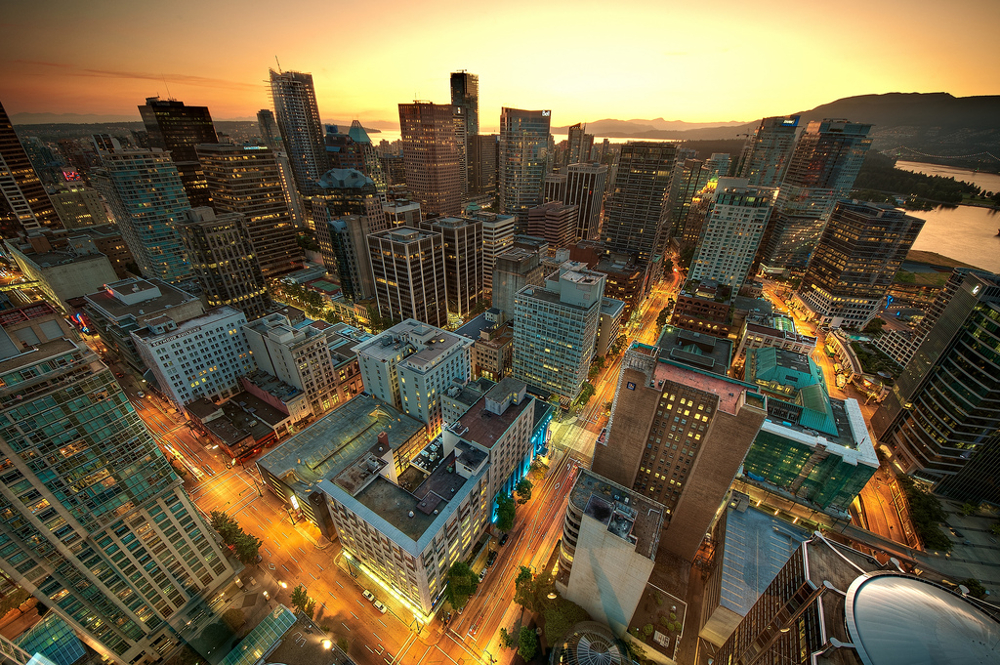As a first-generation Canadian, I have a soft spot for recent immigrants to our city.
No matter the motivation, it’s not easy to leave your country for a life in Canada. Sometimes it’s a choice, but quite often it’s a necessity, whether due to political violence or limited economic opportunities.
Immigration is also a significant driver of our economy and the primary reason why the B.C. speculation tax is needed. The tax, set at two per cent of assessed value, would apply to properties owned by people who don’t pay income tax in the province.
Our housing crisis disproportionately harms new arrivals who don’t arrive wealthy. It’s next to impossible to lay down roots in real estate, and rentals rates keep people in jobs when they might be entrepreneurs.
Make no mistake about it, owning a home and building a business are the two primary life goals for most immigrants, as they are for many people.
One of the more important statistics that never seems to get a lot of attention is the migration pattern from the 2016 Canada census.
The Lower Mainland has experienced a significant drop in the rate of in-migration. From 2006 to 2011, our region experienced a 9.3 per cent increase in population. From 2011 to 2016, it was 6.5 per cent.
Yet the property market increased 65 per cent in value from 2015 to 2018, based on the Real Estate Board of Greater Vancouver’s Home Price Index.
This could only happen with a massive amount of money put into empty homes by people who are not living here.
This type of wealth migration is typical of resort towns, but Vancouver is a major city with a critical role in the Canadian economy.
Following the resort pattern, which effectively drives citizens out of the city, will never work in the long term. It shrinks the entrepreneurial capability of your population.
When tech professionals are turning down offers of $200,000 a year to come to Vancouver, how do you think the immigrant parents who arrive here making the average household income feel about their opportunity to start a business? Canada can’t afford to let Vancouver become a resort city.
People who own property in B.C. but earn their income elsewhere are not immigrants. They are wealth migrants. And wealth migration and immigration are two very different components of our economy. Most would define immigration as someone who moves here and earns their primary income here. It’s a substantial difference, and conflating the two is unproductive and ignorant.
In the fall sitting of the B.C. legislature that began Monday, the NDP minority government should make the much-debated speculation tax into law, targeting those who own properties in British Columbia but do not earn their income here, or those who own multiple properties and leave them vacant.
I understand why people are against the speculation tax. They have too much of their financial portfolio invested in real estate. The market is changing, and they are in panic mode. It’s understandable. It was also inevitable.
The best way to promote immigration to the Lower Mainland is the speculation tax. The best thing for our economy is getting immigration levels back to where they were from 2006 to 2011. I hope the government realizes this. ![]()
Read more: BC Politics, Housing
















Tyee Commenting Guidelines
Comments that violate guidelines risk being deleted, and violations may result in a temporary or permanent user ban. Maintain the spirit of good conversation to stay in the discussion.
*Please note The Tyee is not a forum for spreading misinformation about COVID-19, denying its existence or minimizing its risk to public health.
Do:
Do not: